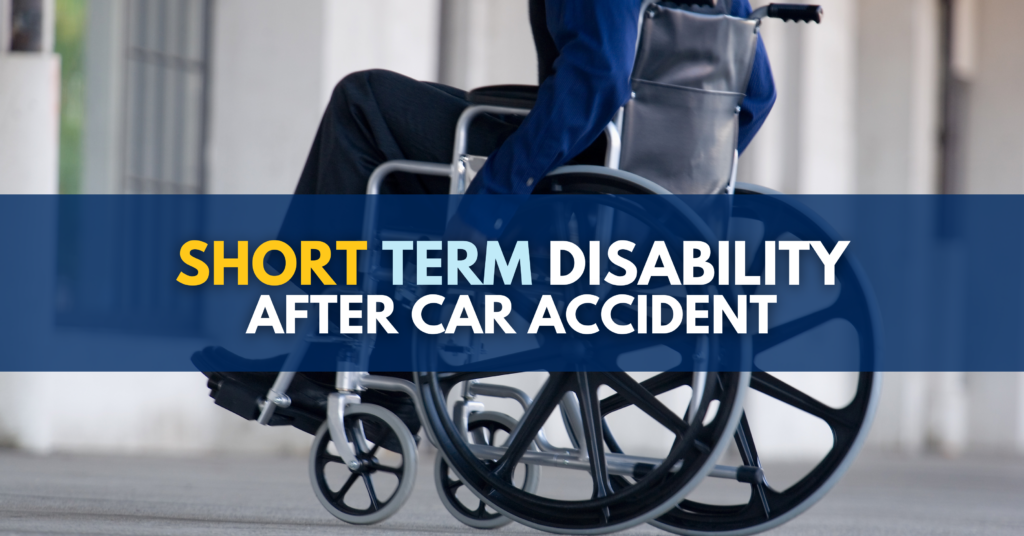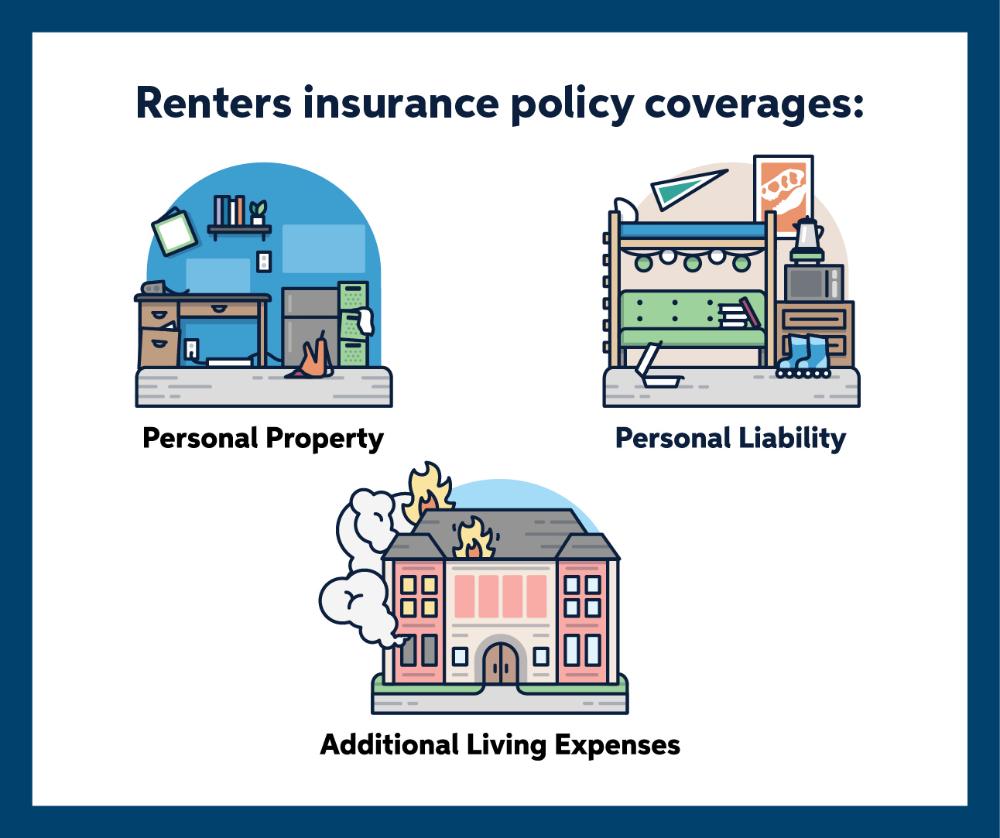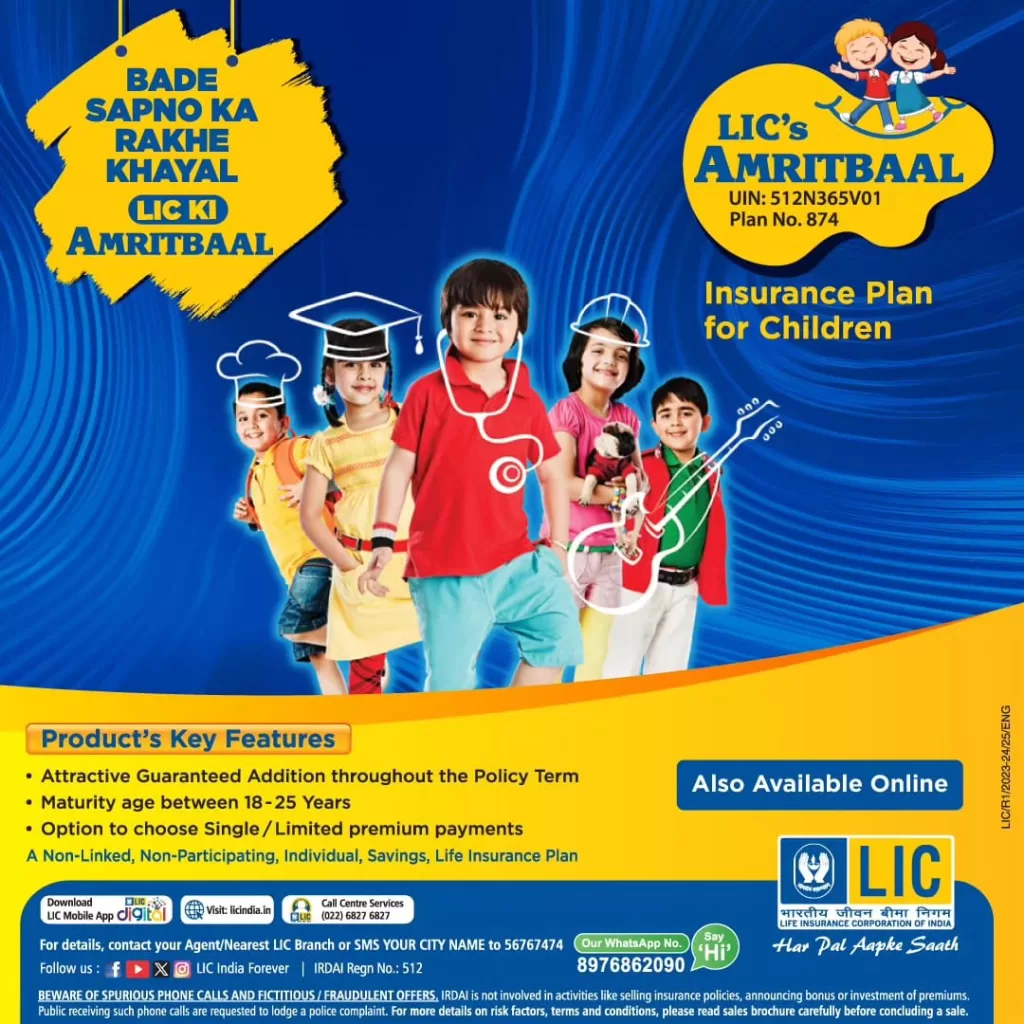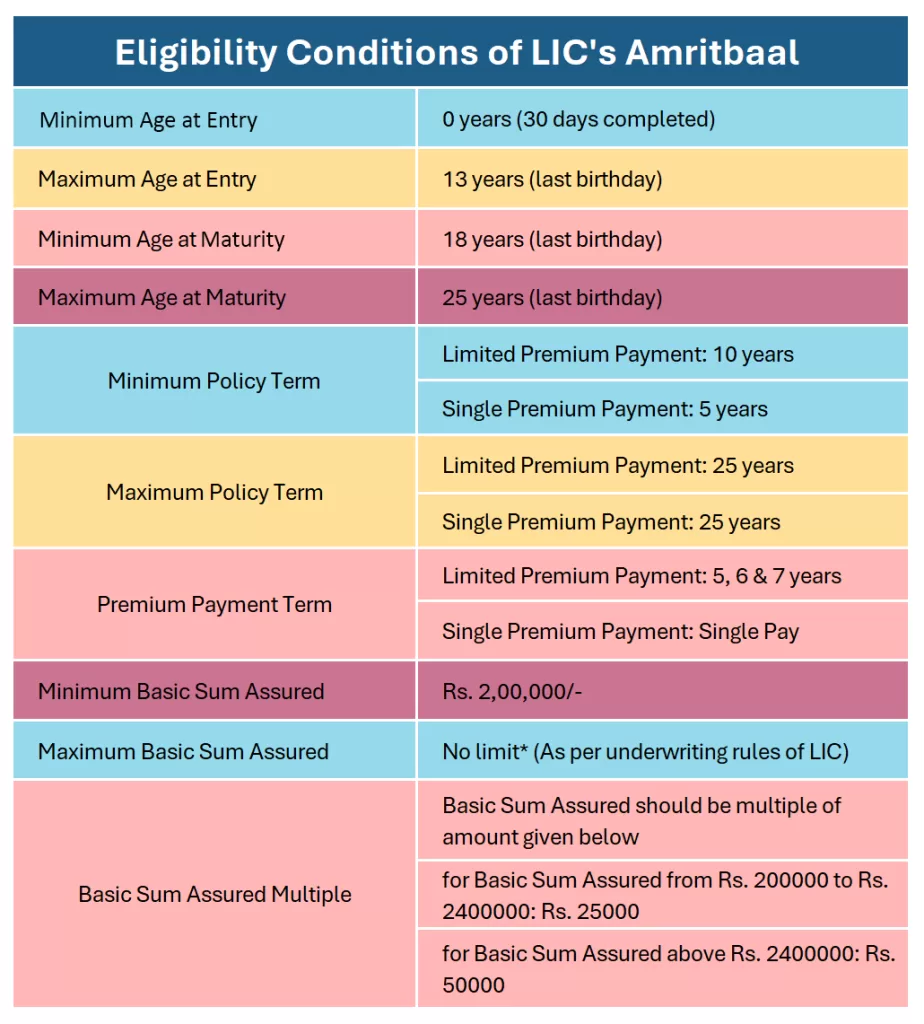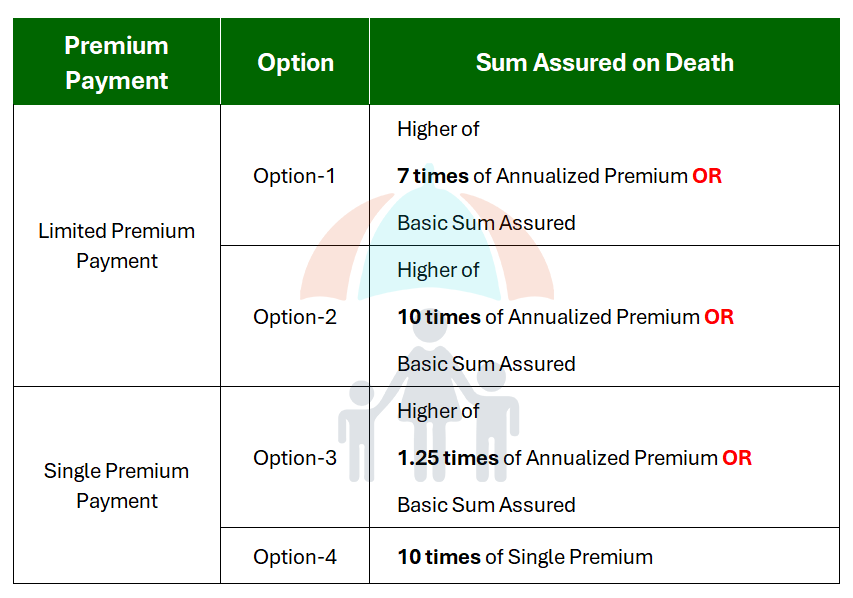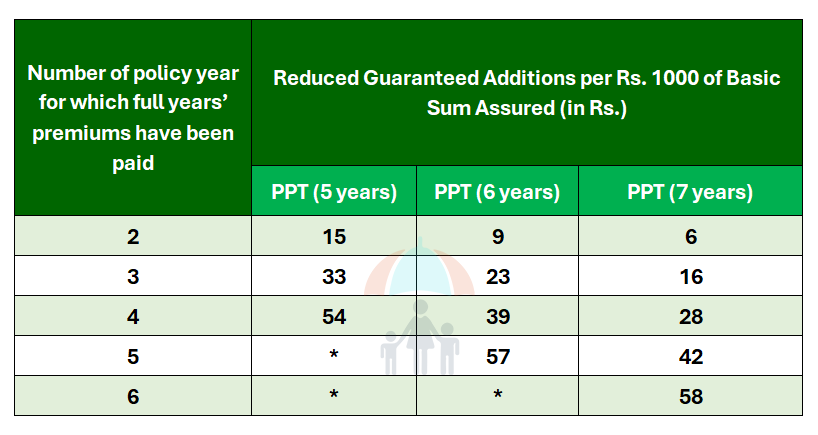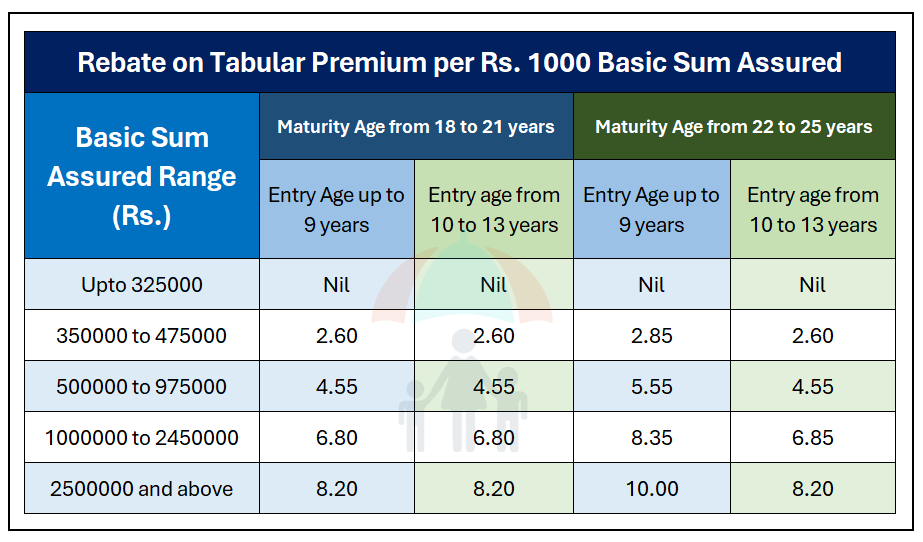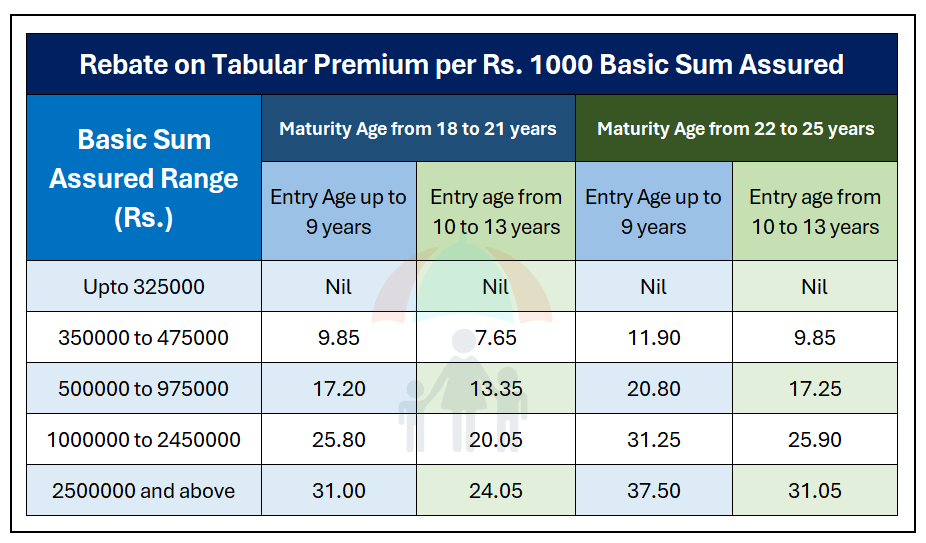Exotic pets have become increasingly popular over the years, with many pet owners opting for unusual and unique companions. However, owning an exotic pet comes with its own set of challenges, especially when it comes to healthcare. It is crucial for exotic pet owners to understand the need for proper insurance coverage to protect their beloved companions. In this article, we will explore the risks associated with exotic pets, common health issues they may face, and how to choose the best insurance provider for their specific needs.
Understanding the Need for Exotic Pet Insurance
Exotic pets encompass a wide range of animals, from reptiles and birds to small mammals and even insects. These unique creatures require specialized care, which often means higher veterinary costs compared to traditional pets like cats or dogs. Exotic pet insurance is designed to provide owners with financial protection should their pets require medical attention.
When it comes to exotic pets, their unique characteristics and needs require owners to be well-prepared for potential health issues that may arise. While traditional pets have established healthcare protocols and widely available treatments, the same cannot be said for exotic pets. This is where exotic pet insurance plays a crucial role in ensuring that owners can provide the necessary medical care without worrying about the financial burden.
Risks Associated with Exotic Pets
Owning an exotic pet can pose certain risks, both to the owner and the pet itself. Exotic pets may carry zoonotic diseases, which can be transmitted to humans. These diseases, such as salmonellosis or psittacosis, can cause severe illness in humans and require immediate medical attention. Additionally, the nature of their exotic diet and living conditions can lead to specific health issues. For example, reptiles require specific temperature and humidity levels to thrive, and any deviation from these conditions can result in respiratory infections or metabolic bone disease.
Furthermore, the behavior and natural instincts of exotic pets can also pose risks. Some reptiles, such as venomous snakes, can potentially harm their owners if not handled properly. Insects, like tarantulas, may have venomous bites that can cause allergic reactions in susceptible individuals. These risks highlight the importance of having insurance coverage to mitigate potential expenses and ensure the safety of both the owner and the pet.
Common Health Issues in Exotic Pets
Exotic pets can face a variety of health issues unique to their species. Reptiles, for instance, may suffer from metabolic bone disease due to calcium and vitamin D deficiencies. This condition can lead to weakened bones, fractures, and even paralysis if left untreated. Respiratory infections are also common in reptiles, especially when their living conditions are not properly maintained.
Small mammals like ferrets and rabbits are prone to dental problems, which can range from overgrown teeth to abscesses. These issues can cause pain, difficulty eating, and even lead to life-threatening infections if not addressed promptly. Digestive disorders are another concern in small mammals, often caused by inappropriate diets or stress.
Birds, known for their vibrant feathers, can develop feather-related issues. Feather plucking, feather cysts, and feather mites are some of the common problems that can affect their plumage. Additionally, respiratory infections are prevalent in birds, especially in crowded or poorly ventilated environments. These infections can cause difficulty breathing, sneezing, and even pneumonia if left untreated.
Understanding the common health issues in exotic pets is crucial for choosing the right insurance coverage. Different species have different needs, and having comprehensive coverage that addresses their specific health concerns is essential. With exotic pet insurance, owners can have peace of mind knowing that they can provide the necessary medical care for their unique companions without worrying about the financial implications.
Enter your ZIP code below to view companies that have cheap insurance rates.

 Secured with SHA-256 Encryption
Secured with SHA-256 Encryption
Evaluating Different Exotic Pet Insurance Providers
When searching for the best insurance coverage for your exotic pet, it is important to evaluate different providers and their policies. Consider the following factors:
Coverage Options
Examine the coverage options each insurance provider offers. Look for policies that include emergency vet visits, diagnostic tests, surgeries, medication, and hospitalization. Ensure that the coverage is comprehensive and tailored to your pet’s specific needs.
For example, some insurance providers may offer additional coverage for alternative therapies such as acupuncture or chiropractic treatments. These can be beneficial for exotic pets who may require specialized care due to their unique anatomical or physiological characteristics.
Additionally, consider whether the insurance policy covers pre-existing conditions. Some providers may exclude coverage for any conditions your pet had before the policy’s effective date, while others may offer limited coverage or require a waiting period before covering pre-existing conditions.
Cost of Insurance
Compare the pricing of different insurance providers. Consider both the monthly premium and the deductible. Keep in mind that cheaper policies may provide limited coverage, while more expensive ones may offer more extensive protection. Strike a balance between affordability and sufficient coverage.
It is also important to consider whether the insurance provider offers any discounts or incentives. Some providers may offer multi-pet discounts if you have more than one exotic pet, while others may provide discounts for paying the annual premium upfront.
Furthermore, inquire about any additional fees or charges that may not be included in the initial quote. Some providers may charge administration fees, enrollment fees, or transaction fees, which can add up over time.
Customer Reviews and Ratings
Read customer reviews and ratings of different insurance providers. Look for feedback on their claim process, customer service, and overall satisfaction. Pay attention to reviews from owners of exotic pets to determine if the provider is experienced in handling unique situations.
Consider reaching out to other exotic pet owners in online forums or social media groups to gather firsthand experiences and recommendations. They may provide valuable insights into the responsiveness of insurance providers during emergencies or complex medical situations.
Additionally, check if the insurance provider has received any industry awards or certifications. This can be an indication of their commitment to excellence and customer satisfaction.
Remember that insurance is an investment in your exotic pet’s health and well-being. Take the time to thoroughly research and compare different insurance providers to ensure that you make an informed decision that best suits your pet’s needs.
Top 5 Exotic Pet Insurance Providers
Provider 1 Review
Provider 1 offers comprehensive coverage for exotic pets, including reptiles, birds, and small mammals. Their policies include routine check-ups and wellness exams, as well as emergency and surgical care. Customer reviews praise their quick claim processing and helpful customer service.
When it comes to exotic pets, finding insurance coverage that caters to their unique needs can be a challenge. That’s where Provider 1 comes in. With their extensive coverage options, exotic pet owners can rest easy knowing that their beloved companions are protected. Whether you have a slithery snake, a colorful parrot, or a furry little rodent, Provider 1 has you covered.
One of the standout features of Provider 1 is their inclusion of routine check-ups and wellness exams in their policies. Exotic pets often require specialized care, and regular veterinary visits are crucial to maintaining their health. With Provider 1, you won’t have to worry about the cost of these essential visits, as they are covered under their comprehensive policies.
In addition to routine care, Provider 1 also offers coverage for emergency and surgical care. Accidents and unexpected illnesses can happen to any pet, and exotic pets are no exception. With Provider 1’s insurance, you can have peace of mind knowing that you won’t be faced with a hefty bill in the event of an emergency.
Customer reviews speak highly of Provider 1’s quick claim processing and helpful customer service. Dealing with insurance claims can often be a frustrating and time-consuming process, but Provider 1 aims to make it as smooth as possible. Their efficient claim processing ensures that you receive reimbursement promptly, allowing you to focus on providing the best care for your exotic pet.
Provider 2 Review
Provider 2 specializes in insurance for reptiles and amphibians. They offer coverage for diagnostic tests, procedures, medication, and hospitalization. Customers appreciate their focus on reptile care and the availability of reptile-specific vets in their network.
For reptile and amphibian owners, finding insurance coverage tailored to their unique pets can be a challenge. However, Provider 2 steps up to the plate with their specialized coverage options. Whether you have a scaly snake or a fascinating frog, Provider 2 has you covered.
One of the standout features of Provider 2’s policies is their coverage for diagnostic tests, procedures, medication, and hospitalization. Reptiles and amphibians can be prone to specific health issues, and having insurance that covers these necessary treatments can be a lifesaver. With Provider 2, you can ensure that your reptile companion receives the best care possible without breaking the bank.
Customers appreciate Provider 2’s focus on reptile care, as evidenced by the availability of reptile-specific vets in their network. Reptiles have unique needs and require specialized veterinary care. With Provider 2, you can have peace of mind knowing that your reptile will be treated by professionals who understand their specific requirements.
Provider 3 Review
Provider 3 stands out for their all-inclusive exotic pet insurance coverage. Their policies cover not only medical expenses but also public liability and theft. Customers value the peace of mind that comes with the additional protection provided by this provider.
When it comes to exotic pet insurance, Provider 3 goes above and beyond to provide comprehensive coverage for all aspects of owning an exotic pet. Their policies not only cover medical expenses but also extend to public liability and theft. With Provider 3, you can have peace of mind knowing that you and your pet are protected from a wide range of potential risks.
One of the standout features of Provider 3’s policies is their coverage for public liability. Exotic pets can sometimes pose unique risks, and having insurance coverage that protects you in case of any accidents or incidents involving your pet is essential. With Provider 3, you won’t have to worry about potential legal and financial consequences, as their policies have you covered.
In addition to public liability, Provider 3 also offers coverage for theft. Exotic pets can be targets for theft due to their rarity and value. With Provider 3’s insurance, you can have peace of mind knowing that you are financially protected in case your beloved pet is stolen.
Provider 4 Review
Provider 4 offers flexible coverage options for all types of exotic pets. Their policies include both accident and illness coverage, as well as alternative therapies. Owners appreciate their prompt claim reimbursement and the ability to customize their coverage to suit their pet’s specific needs.
When it comes to exotic pet insurance, flexibility is key, and Provider 4 understands that. Their policies are designed to cater to the unique needs of all types of exotic pets, ensuring that you can find the coverage that best suits your pet’s specific requirements.
One of the standout features of Provider 4’s policies is their coverage for both accidents and illnesses. Exotic pets can be prone to a wide range of health issues, and having insurance that covers both accidents and illnesses can provide you with peace of mind. Whether your pet needs emergency care due to an accident or ongoing treatment for a chronic condition, Provider 4 has you covered.
Owners appreciate Provider 4’s prompt claim reimbursement, as dealing with insurance claims can often be a hassle. With Provider 4, you can expect a smooth and efficient claims process, ensuring that you receive reimbursement in a timely manner. Additionally, Provider 4 allows pet owners to customize their coverage to suit their pet’s specific needs, providing flexibility and peace of mind.
Provider 5 Review
Provider 5 specializes in avian insurance, offering coverage for all types of birds. Their policies include coverage for accidents, illnesses, and routine wellness exams. Bird owners commend their knowledgeable staff and the ease of filing claims.
When it comes to avian insurance, Provider 5 is a top choice for bird owners. Whether you have a small budgie or a majestic macaw, Provider 5 offers comprehensive coverage to ensure that your feathered friend receives the best care possible.
One of the standout features of Provider 5’s policies is their coverage for accidents, illnesses, and routine wellness exams. Birds can be prone to various health issues, and having insurance that covers accidents and illnesses can provide you with peace of mind. Additionally, routine wellness exams are crucial for maintaining your bird’s health, and with Provider 5, you won’t have to worry about the cost of these essential visits.
Bird owners commend Provider 5’s knowledgeable staff, as they understand the unique needs of avian pets. Whether you have questions about your bird’s care or need assistance with filing a claim, Provider 5’s staff is there to help. Customers also appreciate the ease of filing claims, making the insurance process as smooth as possible.
Read more: Best Pet Insurance for Exotic Pets
How to Choose the Right Insurance for Your Exotic Pet
Choosing the right insurance for your exotic pet requires careful consideration. Take the following factors into account:
Consider Your Pet’s Species and Health Risks
Different species of exotic pets have varying health risks. Research the common health issues and potential medical expenses associated with your pet’s species. Ensure that the insurance coverage you choose adequately addresses these risks.
Evaluate Your Financial Situation
Determine how much you can comfortably afford to pay for insurance premiums and deductibles. Take into account your monthly budget and potential unexpected expenses. Remember, insurance is an investment in your pet’s future, but it should not cause financial strain.
Understand the Insurance Policy Terms and Conditions
Thoroughly read and understand the terms and conditions of the insurance policy you are considering. Pay close attention to coverage limits, exclusions, waiting periods, and claim procedures. Clear understanding of these details will prevent surprises and ensure a smooth claims process.
Enter your ZIP code below to view companies that have cheap insurance rates.

 Secured with SHA-256 Encryption
Secured with SHA-256 Encryption
The Importance of Regular Vet Check-ups for Exotic Pets
Regular vet check-ups are essential for maintaining the health and well-being of exotic pets. These visits serve two purposes:
Preventive Care for Exotic Pets
Vet check-ups provide an opportunity to detect and prevent potential health issues before they become serious. Vaccinations, parasite control, and dental cleanings are just a few examples of the preventive care measures that can be taken during these visits.
Role of Vet Check-ups in Insurance Claims
Insurance providers often require regular vet check-ups as part of their coverage requirements. These visits serve as documentation of your pet’s health and can strengthen your insurance claims should the need arise. Regular check-ups also ensure that any developing issues are addressed in a timely manner.
Conclusion: Securing Your Exotic Pet’s Future with the Right Insurance
In conclusion, owning an exotic pet comes with unique challenges, especially when it comes to their healthcare needs. Proper insurance coverage is vital to protect both your beloved companion and yourself from potential financial burdens. By understanding the risks associated with exotic pets, evaluating different insurance providers, and considering factors such as coverage options and cost, you can make an informed decision on the best insurance for your exotic pet. Remember to also prioritize regular vet check-ups to maintain their overall health and make any insurance claims smoother. With the right insurance coverage in place, you can provide your exotic pet with the care and protection they deserve.
Recap of Top Insurance Providers
After thorough research and consideration, the following insurance providers have emerged as the top choices for exotic pet insurance:
- Provider 1: Offering comprehensive coverage across various species
- Provider 2: Specializing in reptiles and amphibians
- Provider 3: Providing all-inclusive coverage, including public liability and theft
- Provider 4: Offering flexible coverage options for all types of exotic pets
- Provider 5: Specializing in avian insurance for birds
Final Thoughts on Choosing Insurance
While choosing insurance for your exotic pet may seem overwhelming, it is a crucial step in ensuring their well-being. Take the time to thoroughly research different providers, their coverage options, and customer reviews. Consider your pet’s specific needs and evaluate your own financial situation. By choosing the right insurance coverage, you can provide your exotic pet with the healthcare they deserve, securing their future and your peace of mind.
Frequently Asked Questions
What is considered an exotic pet?
An exotic pet is any animal that is not commonly kept as a pet. This can include reptiles, birds, small mammals, amphibians, and even some insects.
Why do exotic pets require special insurance?
Exotic pets often have unique needs and potential health issues that differ from traditional pets. Special insurance is necessary to cover the specific risks associated with these animals.
What does the best pet insurance for exotic pets typically cover?
The best pet insurance for exotic pets typically covers veterinary visits, diagnostic tests, medications, surgeries, emergency care, and sometimes even wellness exams. It may also include coverage for liability in case the pet causes harm to others.
Is it more expensive to insure exotic pets compared to traditional pets?
Yes, insuring exotic pets is generally more expensive due to the specialized care they require and the potential risks associated with their unique needs. However, the cost may vary depending on the specific pet and insurance provider.
Are there any specific exclusions in exotic pet insurance policies?
Yes, there are often exclusions in exotic pet insurance policies. These exclusions may vary between providers but can include pre-existing conditions, certain species or breeds, cosmetic procedures, and experimental treatments.
What factors should I consider when choosing the best pet insurance for my exotic pet?
When choosing the best pet insurance for your exotic pet, consider factors such as coverage options, exclusions, reimbursement rates, annual limits, waiting periods, customer reviews, and the reputation of the insurance provider in handling exotic pet claims.
Enter your ZIP code below to view companies that have cheap insurance rates.

 Secured with SHA-256 Encryption
Secured with SHA-256 Encryption
Written by:
Chris Huntley
Founder & Published Insurance Expert
I started Insurance Blog by Chris™ because I have a passion for insurance. Here at the blog, our job is to educate and inform people about the best insurance for them.
Since then, we have grown into national brands with a large team of researchers helping people understand all forms of insurance.
Founder & Published Insurance Expert
Reviewed by:
Kristen Gryglik
Licensed Insurance Agent
Kristen is a licensed insurance agent working in the greater Boston area. She has over 20 years of experience counseling individuals and businesses on which insurance policies best fit their needs and budgets. She knows everyone has their own unique needs and circumstances, and she is passionate about counseling others on which policy is right for them.
Licensed in Massachusetts, New Hampshire,…
Editorial Guidelines: We are a free online resource for anyone interested in learning more about insurance. Our goal is to be an objective, third-party resource for everything insurance related. We update our site regularly, and all content is reviewed by insurance experts.
